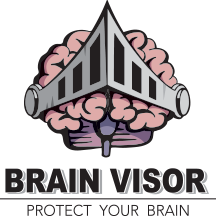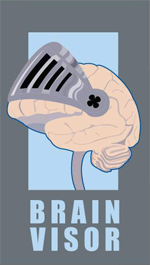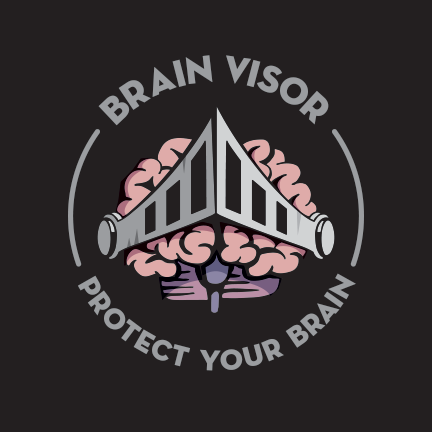
Fit Brain
Current neuroplasticity research suggests that the human brain is incredibly adaptive. In fact, the brain is a dynamic organ that constantly changes. Neurons continuously lay down new pathways and rearrange existing pathways for neural communication. Brain plasticity has profound implications for learning and behavior. It defies the old adage that “an old dog can’t learn new tricks”. It means that it may be possible to train people to be more intelligent, boosting the brainpower they were born with!
As neuroscientists learn more about neuroplasticity, they are discovering some of the essential components for strengthening the brain. While there is still much to be learned, there is a lot that you can do to help keep you brain sharp and fit.
Physical Exercise - exercise helps maintain essential blood flow to the brain. Exercise also alters brain chemicals that help protect the brain. Your ultimate goal should be to combine aerobic exercise with a strength training regimen. You don’t have to wear yourself out to benefit from physical exercise. Try walking, jogging, biking or swimming for 30 minutes a day, as often as you can. Once you get going, you will find that additional exercise days will bring you additional benefit. |
|
Water —keep your brain hydrated by drinking plenty of water. Water helps cleanse the brain of toxins. Dehydration can cause headaches and leads long-term neuronal damage. Maintaining a healthy balance of water will help ensure that your brain is functioning at an optimal level of performance. |
|
Nutrition —research suggests that a well-balanced diet is important for maintaining both a healthy brain and a healthy heart. A regular diet of fruits, vegetables, full grains, and the omega-3 fatty acids found in flaxseed, nuts and soybeans are essential for general health, as well as, normal brain function and neuronal growth. A deficiency in omega-3 fatty acids has been associated with attention-deficit disorder, dyslexia, dementia, depression, bipolar disorder and schizophrenia. |
|
Sleep —neuroscientists believe that sleep gives neurons a chance to shut down for repairs while giving the brain a chance to exercise important neural connections. Without sleep, neurons may become so depleted in energy or polluted with byproducts that normal cellular activities begin to malfunction. People who experience lack of sleep experience concentration problems and impaired memory. Sleep deprivation can also cause hallucinations and mood swings. Most adults require 7 to 8 hours of sleep a night to keep their brains in tip-top working condition. |
|
Mental stimulation—Exercise your brain.
|
|
Reduce Stress—excessive and chronic stress can have detrimental effects on the brain. While occasional stress can be beneficial, too much stress causes an over-secretion of cortisol that prevents the brain from laying down new memories, or from accessing already existing memories. Additionally, a long term increase in cortisol suppresses the immune system, which can increase the risk of infections and allergies. With exposure to chronic stress the hippocampus shows shrinkage as individual nerve cells become shorter and less branched, hindering neural communcation. By contrast, the amygdala (the part of the brain that regulates fear and emotion) becomes larger and more active resulting in increased anxieties and fears. In summary, too much stress can have devastating effects on the brain. Learn to manage stress by getting enough sleep, eating right and getting exercise. If you find that you are experiencing more stress than you can handle, seek assistance from a mental health professional. |
|
Prayer and Meditation— Research shows that prayer and meditation activate the prefrontal cortex, the area of the brain responsible for executive functioning and implicated in general intelligence, personality and self-control. Boost your brain power by taking time every day to pray and meditate on God’s word. |
 |
BrainVisor – Protect Your BrainBrainVisor does not provide medical or psychological advice, diagnosis or treatment recommendations. The material on this site is for informational purposes only and is not a substitute for your doctor or other health care professional's care.
|
 |
||
|









